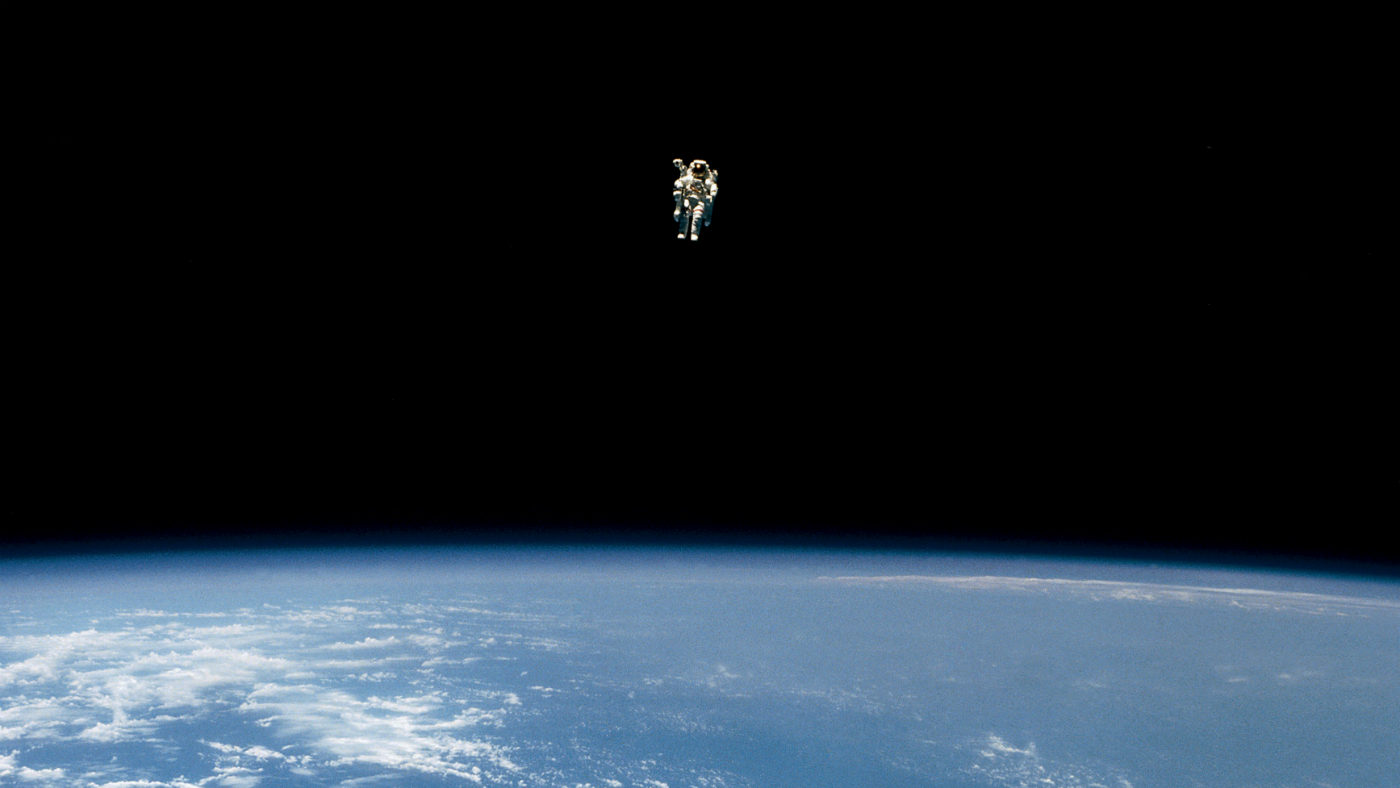Nasa issues warning about herpes in space
Dormant viruses have been awoken in more than half of the astronauts who have embarked on space missions

A free daily email with the biggest news stories of the day – and the best features from TheWeek.com
You are now subscribed
Your newsletter sign-up was successful
Herpes viruses reactivate during spaceflight and could pose a significant health risk on missions to Mars and beyond, researchers have discovered.
According to a new study for Nasa, more than half of the astronauts onboard Space Shuttle and International Space Station (ISS) missions suffered reactivation of a latent herpes infection.
Herpes is a family of common viruses that includes the two types of herpes simplex virus (which cause genital and oral herpes) as well as the viruses behind mononucleosis, shingles and chickenpox.
The Week
Escape your echo chamber. Get the facts behind the news, plus analysis from multiple perspectives.

Sign up for The Week's Free Newsletters
From our morning news briefing to a weekly Good News Newsletter, get the best of The Week delivered directly to your inbox.
From our morning news briefing to a weekly Good News Newsletter, get the best of The Week delivered directly to your inbox.
The viruses are typically suppressed by body’s immune system, but can be triggered by stress and other factors.
“During spaceflight there is a rise in secretion of stress hormones like cortisol and adrenaline, which are known to suppress the immune system,” said the study’s author Satish Mehta.
“In keeping with this, we find that astronaut’s immune cells - particularly those that normally suppress and eliminate viruses - become less effective during spaceflight and sometimes for up to 60 days after.”
Scientists also found that the longer the duration of the spaceflight, the higher the rate of virus reactivation.
A free daily email with the biggest news stories of the day – and the best features from TheWeek.com
While only a small proportion of the astronauts develop symptoms as a result of the dormant virus awakening, it could spell danger for longer spaceflight missions, Sky News reports.
The herpes outbreaks were detected as part of a study on the physiological impact of spaceflight by researchers at the Johnson Space Centre in Houston, Texas.
They collected and analysed saliva, blood and urine samples from astronauts before, during and after their space missions.
A total of 47 out of 89 astronauts on short space shuttle flights, and 14 out of 23 on longer ISS missions shed herpes viruses in their saliva or urine samples, scientists found.
“These frequencies - as well as the quantity - of viral shedding are markedly higher than in samples from before or after flight, or from matched healthy controls,” they said.